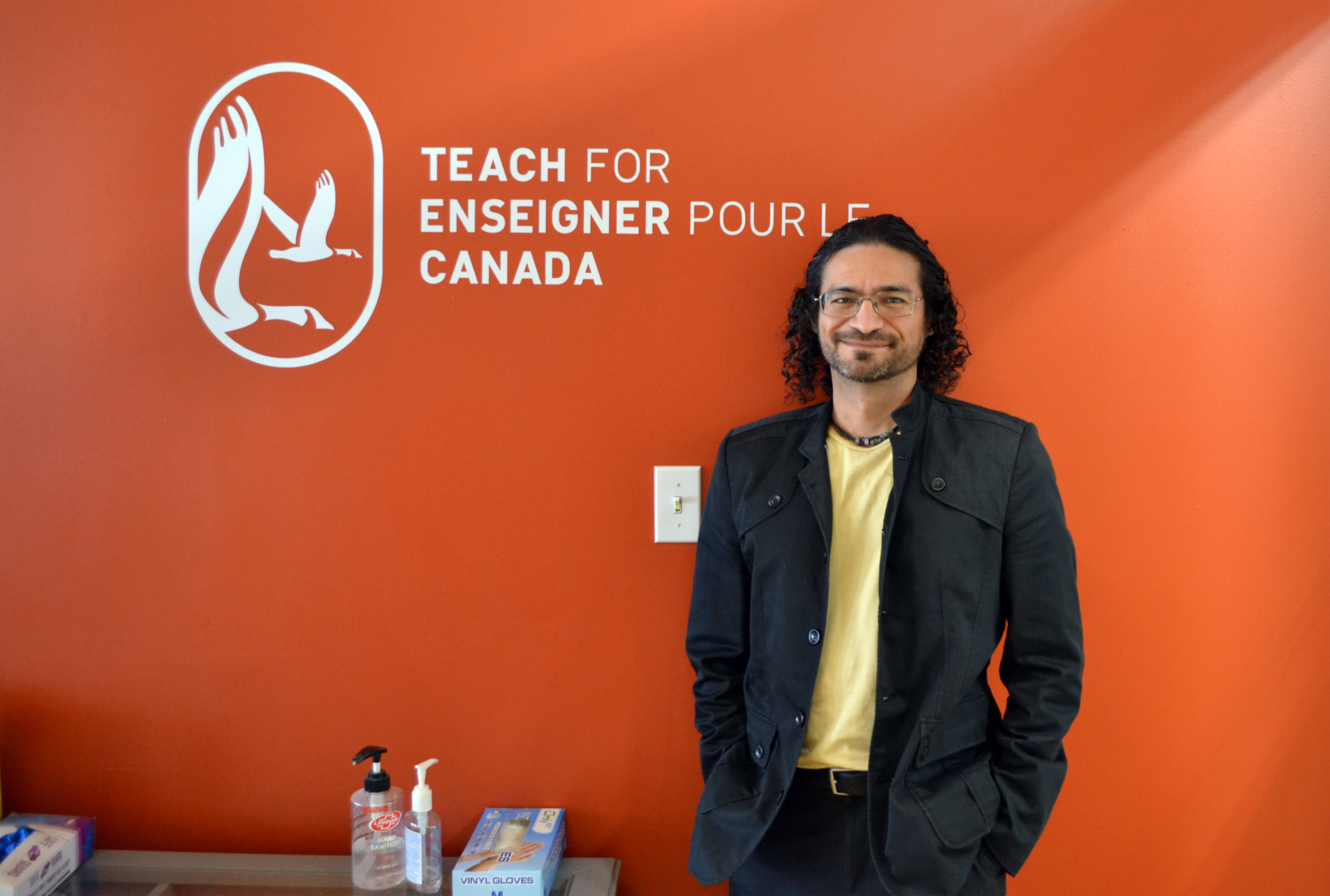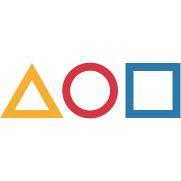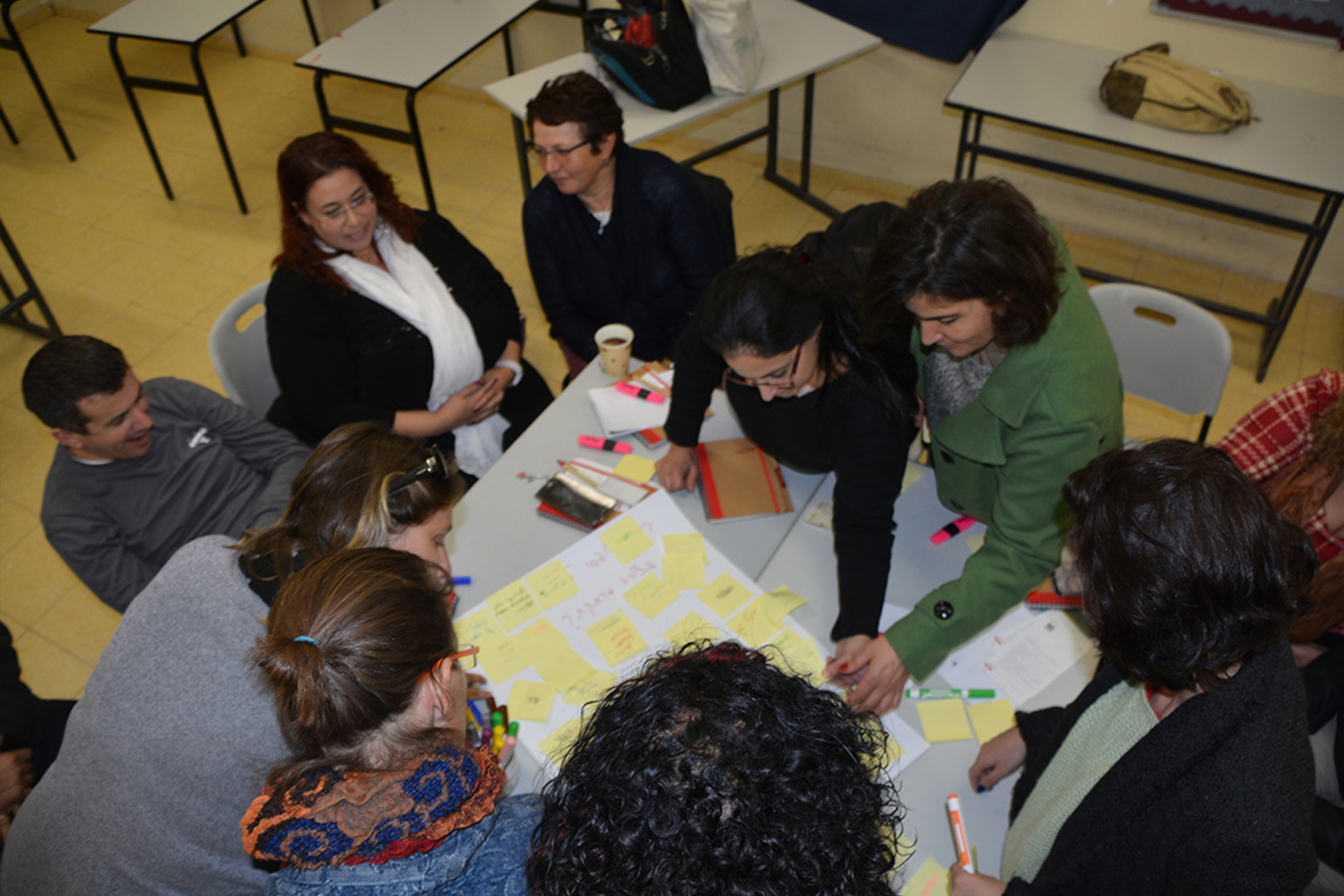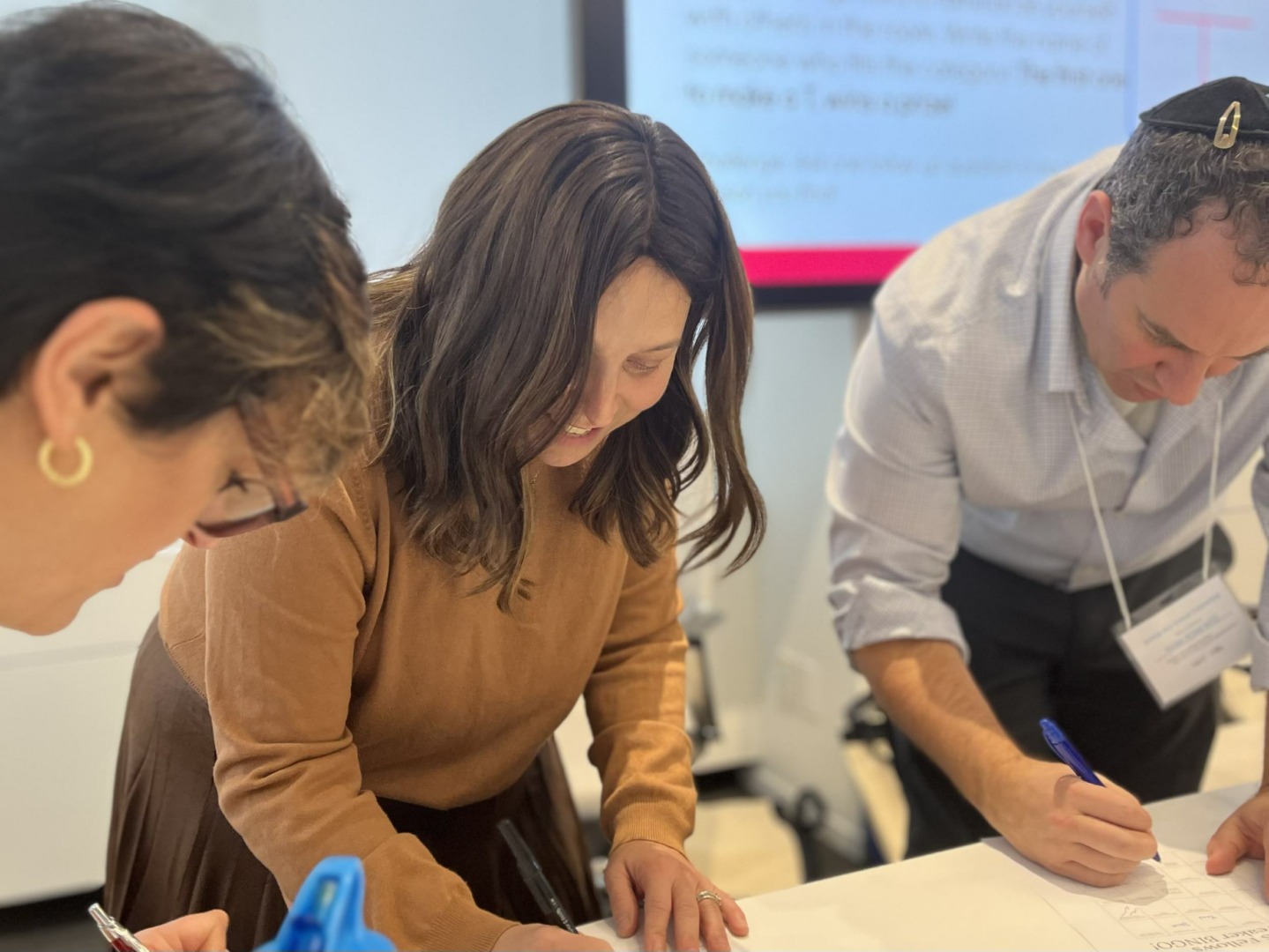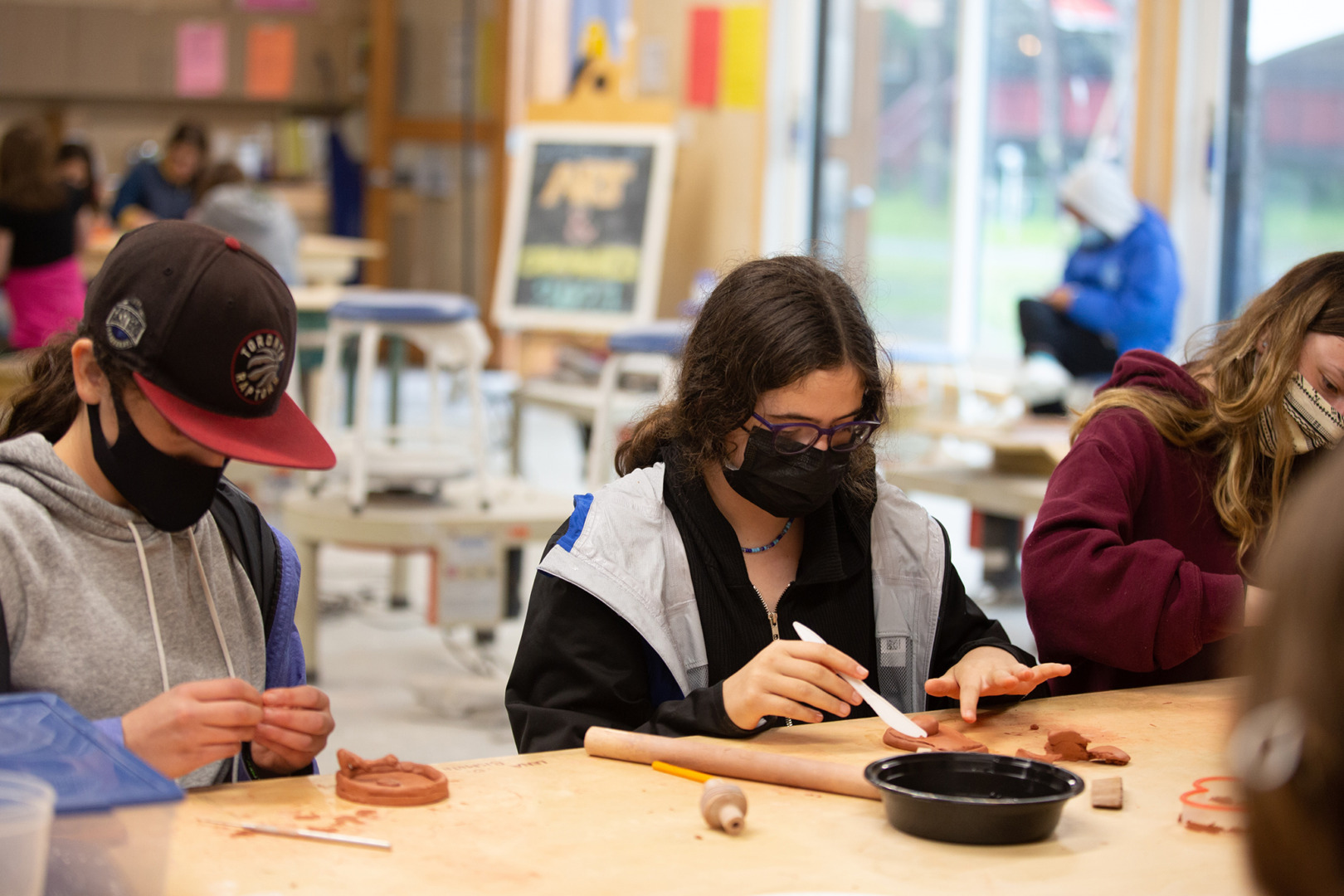Teach For Canada partners with remote First Nations to help realize a country in which all children have access to high-quality education in their communities.
The Indigenous-led organization works to recruit, prepare and retain committed certified teachers to help students succeed, while investing in the next generation of Indigenous educators.
The Azrieli Foundation has been supporting Teach For Canada for five years. For this Journey to Impact, we spoke with Executive Director Ken Sanderson about the organization’s extraordinary work.
Azrieli Foundation: Let’s talk about the four pillars of Teach For Canada’s work: recruit, prepare, support and sustain. Can you take us through how you balance these priorities as you work towards your mission?
Ken Sanderson: They’re more like a continuum. Recruit is what gave rise to the creation of Teach For Canada, in response to the need that First Nations communities had been experiencing. They have to hire teachers, and there’s not a huge local pool from which to recruit. If we don’t have teachers, we can’t open the doors, we can’t even open the school – we can’t even get teaching started. I liken it to being in a hospital. You’re triaging people. That’s issue number one.
You want to recruit people, but you want to make sure that they’re prepared before they “Go North.” Teach for Canada recruits certified teachers who have the skills and aptitude to succeed in a First Nation. Our preparation programming helps teachers learn about the histories and cultures of northern First Nations, adopt culturally relevant pedagogies and establish effective self-care practices.
Educators can do all the preparation that they want. But they need reminders, supporters and people to brainstorm with – that’s where the support piece comes in. We want to do everything in our power to help teachers with the transition to teaching in a First Nation. We have Teacher Development Managers who provide one-on-one support. We facilitate peer support networks. Teachers can connect with alumni. We provide access to counselling for mental health support, plus ongoing professional development.
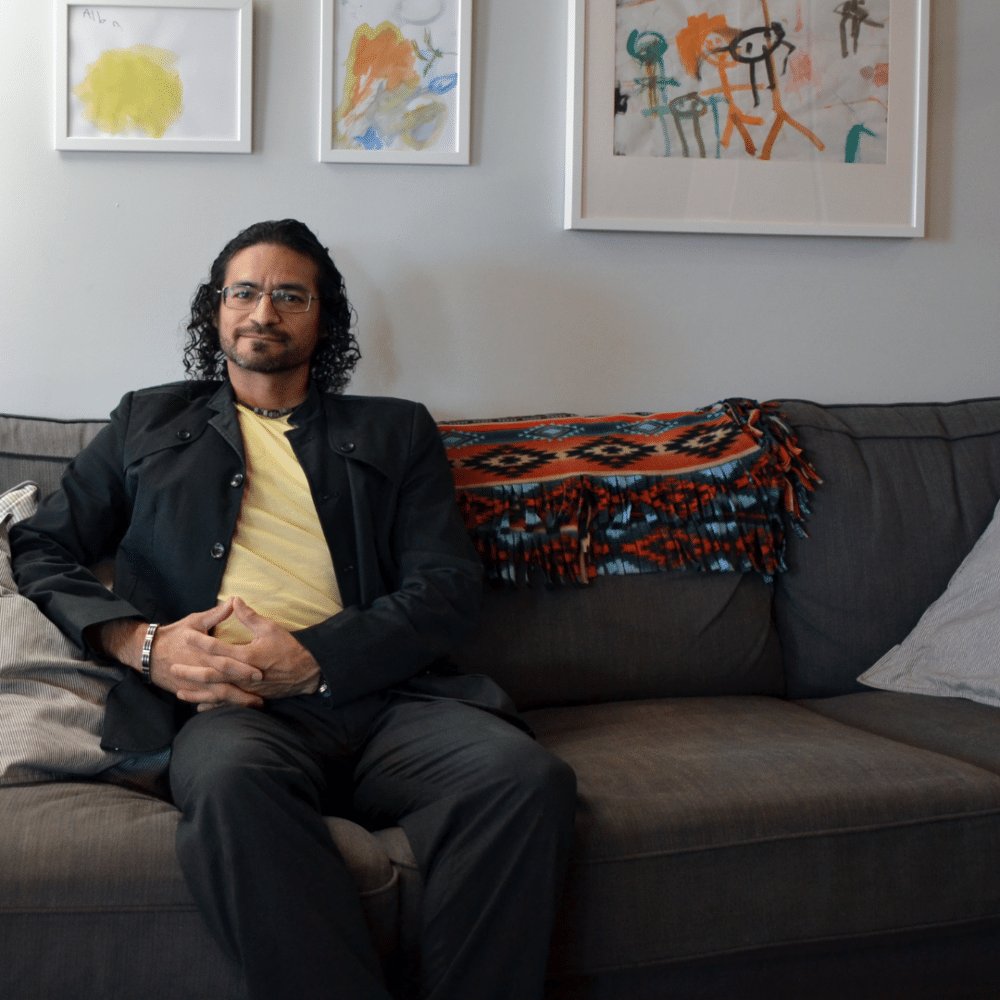
The final pillar of our mission is sustain. We don’t need to convince somebody from Calgary or Toronto to live and work in these communities forever. We recruit diverse groups of teachers in the interim because it solves that immediate need. But ideally, we’d be helping First Nations to develop their local pool – which takes time. So, what can we do to facilitate that, to help community members themselves see that teaching is a viable career option? We invest in things like the Teacher/Education Assistant Professional Development Program, which serves two functions: to help TAs be more effective in their roles, and to encourage them to further their education to become certified teachers. Our Northern Practicum Program provides opportunities for teacher candidates to complete a hands-on placement in the First Nations that Teach For Canada serves. This opportunity allows participants to share their gifts, hone their craft and gain hands-on teaching experience, all while finding out whether the North is the right fit for them. We also provide an Administrator Preparation Program that supports aspiring and incoming principals for the first four months in their role. These Teach For Canada programs all weave into the long-term approach that we’re taking to sustaining strong, community-led schools.
We don’t want First Nations to partner with us forever. Ultimately, we want them to continue to have the autonomy to lead and staff their schools with local community members. That’s the idea behind these four pillars.
AF: How does Teach For Canada work to ensure that each of the community partners it serves has its specific needs met?
KS: Teach For Canada’s programming is entirely community-led. We communicate regularly with partners to strengthen our relationships, and we have systems in place to receive feedback on every element of our programming. We have an advisory council made up of community partners, who can shape the programming to meet their needs and confirm that our understanding of their needs is accurate.
Indigenous communities don’t often follow the same trajectories as other municipalities. Some students might graduate high school late, for a variety of reasons – maybe a school wasn’t available in the community and they had to travel for school, or they dedicated time to learning traditional activities like trapping instead of graduating right away. A lot of Indigenous learners complete high school, or start a college or community program, later in life. To best serve the First Nations we partner with, we must have a clear understanding of the individual needs of each community.
AF: Teach For Canada looks at factors like student attendance and teacher retention. In terms of what can’t be captured with metrics or data, how do you measure the success of your programs?
KS: For me, it comes down to having a more whole-school impact, as well as the impact on the kids themselves. If they’re starting to get excited about being at school, that’s ultimately where the success is meaningful. That’s the reason we’re doing what we do in the first place. It’s about making sure that they get that inner passion ignited.
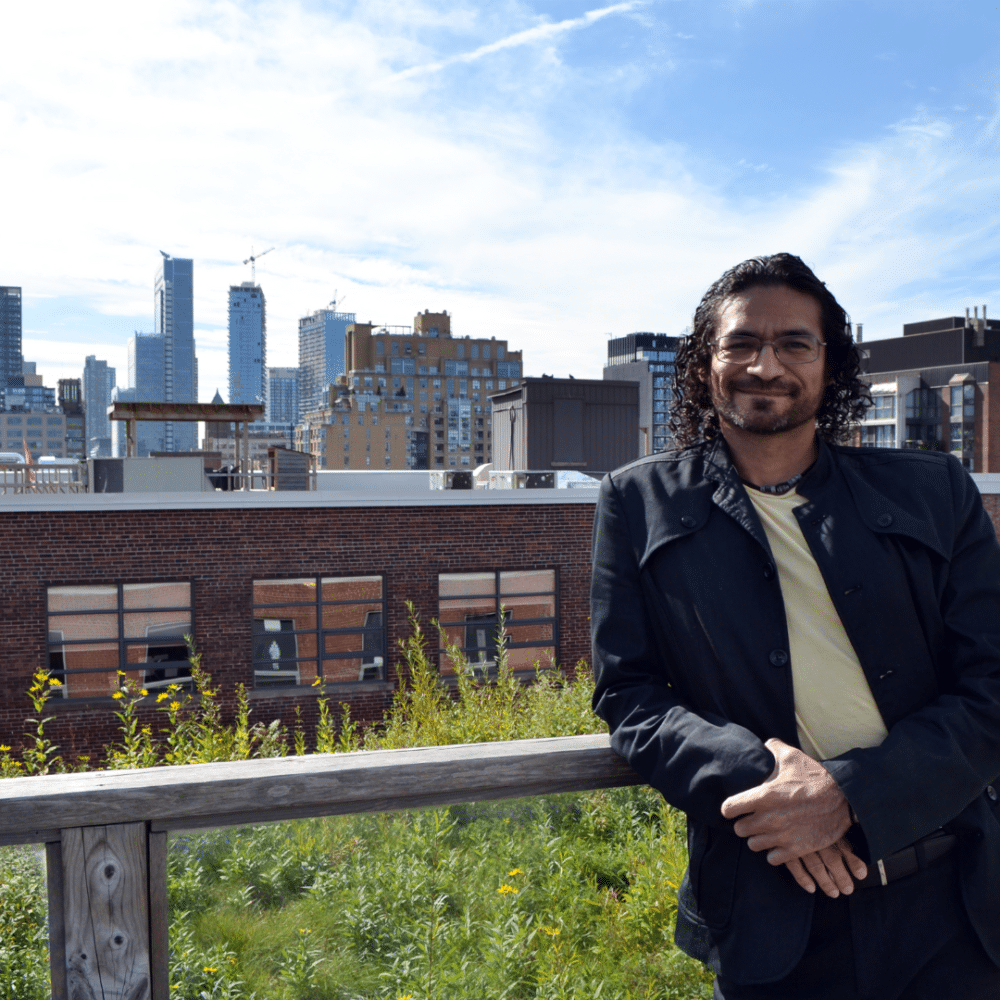
AF: Over the next few years, Teach For Canada will take on new community partners and expand into Alberta and Saskatchewan. What excites you the most about this growth?
KS: We know that what we do provides value, and being able to share that with more First Nations is really exciting. But I steer away from the concept of infinite growth because that’s kind of the prevailing view of society right now. That’s how we measure business, stocks, the economy – if you’re not infinitely growing, you must be failing. But we’re in a finite world, right? You can’t have infinite growth in a finite world.
Growth at Teach For Canada isn’t about trying to collect communities. It’s about sharing what we do more broadly, but also understanding the ebb and flow of communities we’re already working with. In some communities, for example, we’ll do a good job with retention one year, so when the next year rolls around they won’t have recruitment needs. That’s a success story! It’s not so much that we’ll always have a growing number of constantly active partners. That’s not how I see it. We’re taking the time to build high quality relationships with more and more First Nations.
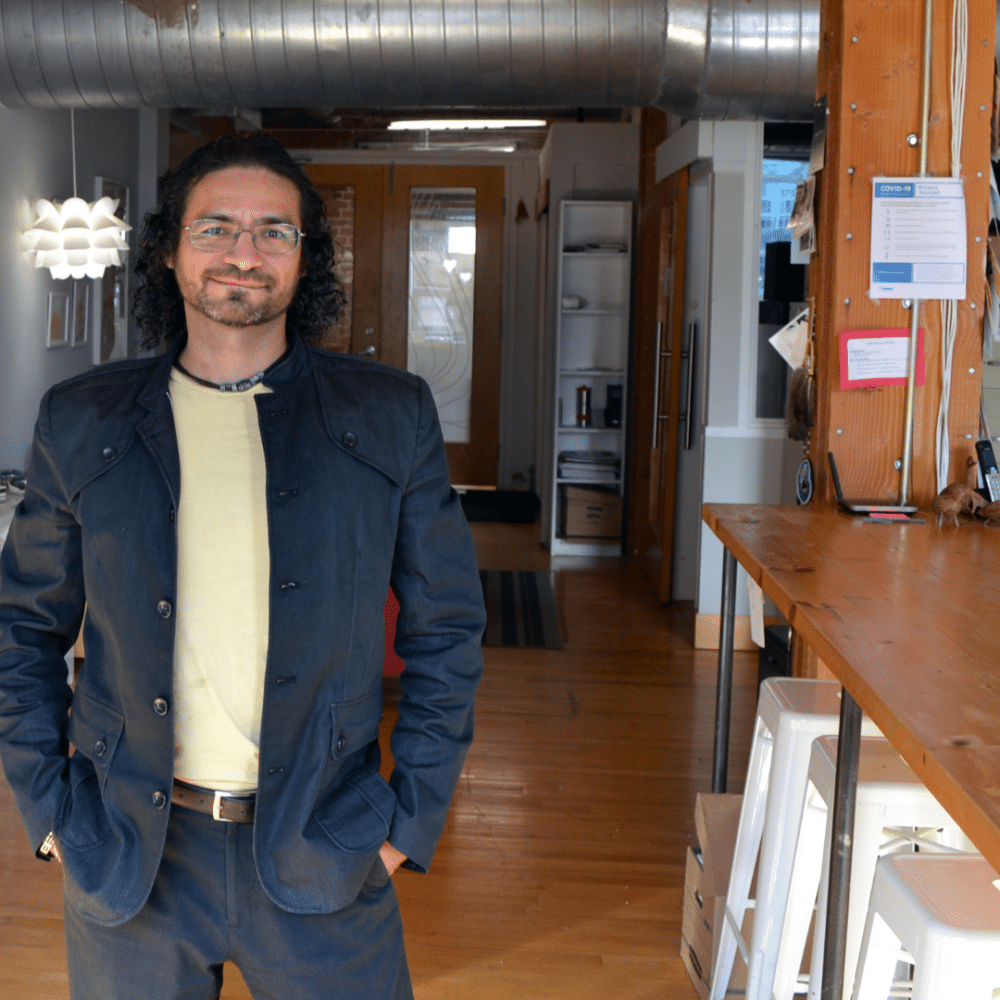
AF: The Azrieli Foundation has been proud to support your organization since 2017. What do you think makes ours an effective partnership?
KS: Without supporters like the Azrieli Foundation, what we do is not possible. That’s the easy answer.
One of the things that we really appreciate about donor relationships is when they are actually relationships, where we get to have dialogue and conversation. We’re all part of a big ecosystem. I think the more that we converse and share with each other what’s going on – not just in our communities, but with education, with non-profits, even donor trends – all those things become important for informing the strategic lens of the future. At the end of the day, it’s engagement that becomes valuable, and the conversations that become as critical as the donation itself.
This interview has been condensed for length and clarity.
